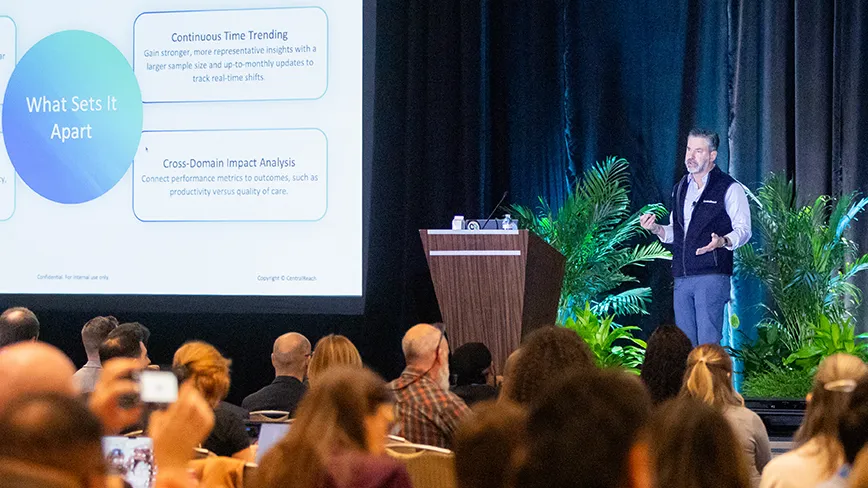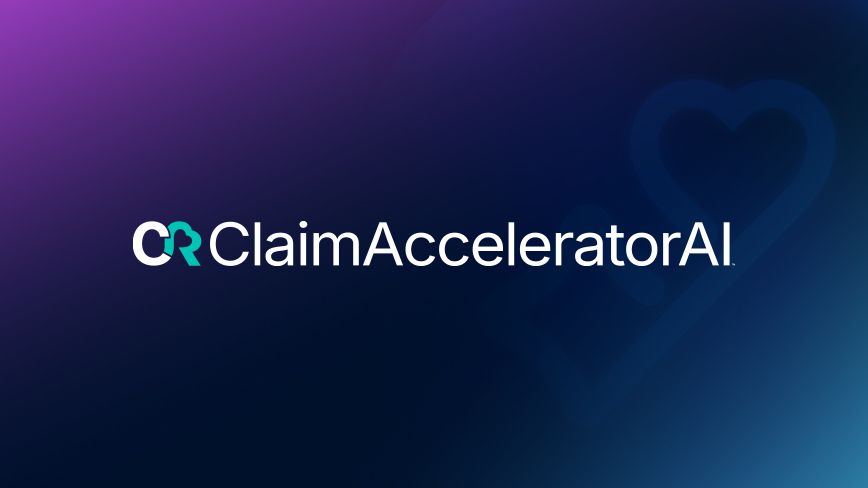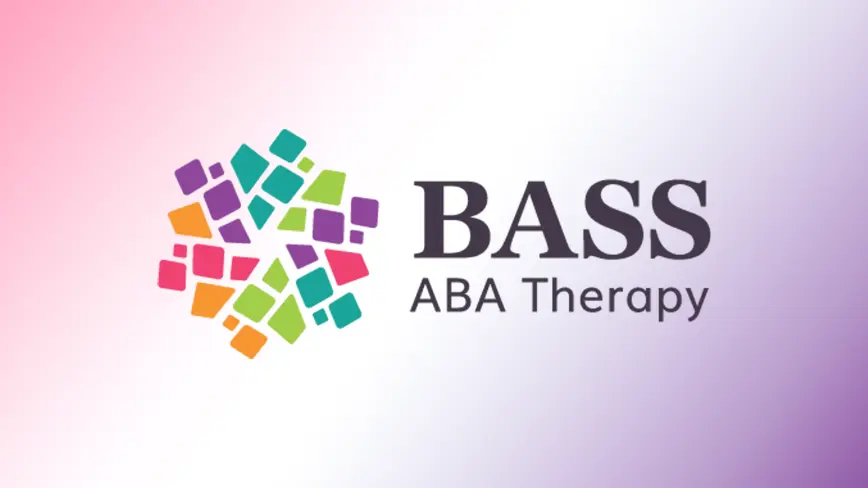Artificial Intelligence (AI) is rapidly transforming various sectors, and healthcare is no exception. Among the many areas within healthcare, Autism and Intellectual and Developmental Disabilities (IDD) care—typically defined as therapy providers offering Applied Behavior Analysis (ABA), speech therapy, occupational therapy, and other related services—stand to benefit significantly from AI advancements. This blog explores AI's role in these fields and how behavior analysis can learn from these allied health professions to develop ethical and compliant AI to support those receiving ABA services.
AI's Transformative Role in Healthcare
AI is revolutionizing healthcare by supporting and augmenting the efforts of healthcare professionals, optimizing workflows, enhancing productivity, and boosting financial profitability. AI technologies are particularly impactful in areas where there is a severe capacity constraint, such as autism and IDD care, where the demand for services often exceeds the available clinical resources. In ABA alone, there are only an estimated 68,000 Board Certified Behavior Analysts (BCBAs) to serve an estimated 7-8 million children and adults diagnosed on the spectrum in the United States (Behavior Analyst Certification Board; Centers for Disease Control and Prevention). CentralReach estimates that there needs to be at least double the number of clinicians to serve the demand for services today. By assisting healthcare professionals with routine tasks and providing data-driven insights, AI helps clinicians focus on providing high-quality, personalized care to their patients.
Specific Impact on ABA and Autism Care
In the realm of autism and IDD care, AI can play a pivotal role in addressing capacity constraints faced by providers. AI tools can streamline administrative processes, making it easier to manage caseloads and complex treatment plans. By leveraging AI, providers have the potential to enhance the efficiency and effectiveness of their services, which could help ensure that more individuals receive the care they need. Scheduling is one key area that ABA professionals dedicate a substantial amount of time on. Schedulers, directors, and clinicians can leverage AI to optimize scheduling workflows. AI-powered scheduling helps organizations maximize authorization and increase productivity.
AI's Role in Reducing Occupational Burnout
Occupational burnout is a significant concern in healthcare, especially in high-demand fields like ABA. Excessive administrative duties can increase feelings of burnout as clinicians must navigate the challenging balance of non-billable responsibilities with billable expectations. AI-powered solutions can help reduce burnout by automating routine tasks, like session note creation, scheduling, and documentation auditing, allowing clinicians to focus more on direct client care.
"Burnout is real and has a very insidious effect on an organization. We think AI can be used in a way that can really help reduce that burnout and enhance the quality of people’s jobs and wellbeing if done thoughtfully."

Director of Research
CentralReach
Studies have shown that AI can reduce the administrative workload by up to 30%, which is believed to contribute to lower burnout rates (Accenture, 2023).
Optimizing Workflows with AI
AI automates administrative tasks, freeing up clinicians to focus on client care. AI has the power to streamline a vast range of workflows, from intake and assessment to scheduling and billing. This not only saves time but also allows providers to handle larger caseloads without compromising care quality.
Enhancing Billing Accuracy and Claims Management with AI
AI-powered billing solutions catch and correct errors, improving reimbursement rates and reducing the administrative burden on staff. Automated session summaries enhance objectivity and accuracy, ensuring that documentation is consistent and reliable.
ABA clinicians can accomplish tasks faster with AI-optimized workflows, leading to more positive financial outcomes. By reducing claim denials and increasing clean claim rates with error detecting technology, AI improves financial health, resulting in better cash flow and reduced accounts receivable. According to the National Bureau of Economic Research, organizations that use AI in their billing processes see a 15-30% improvement in financial performance.
Real-Time AI Support for Technicians and Trainees
AI bots offer immediate assistance and guidance to technicians and trainees, ensuring they have the support they need to deliver high-quality care. This real-time support enhances the effectiveness of training and supervision, leading to better outcomes for clients. Advanced AI solutions are being developed to accelerate workforce competency, particularly focused on enhancing the supervision experience for RBTs, student analysts, and early career analysts. By providing interfaces and reporting on both sides of the supervision relationship, these bots enable supervisees to get real-time support for test preparation, access instant answers to real-time questions, and escalate immediate supervision needs to the BCBA case manager.
Dispelling Common Misconceptions About AI in Therapy
Addressing HIPAA Compliance Concerns
In healthcare, particularly therapy, it's essential to understand the difference between OpenAI's general AI technologies and specialized custom solutions. OpenAI offers versatile AI models applicable across many industries, but they require significant customization to meet HIPAA compliance. In contrast, custom solutions are specifically designed for healthcare, with built-in features to handle Protected Health Information (PHI) securely and comply with HIPAA regulations. These solutions offer tailored tools for therapy, ensuring secure data handling, regulatory compliance, and easy integration into existing healthcare systems. To achieve HIPAA compliance with AI, essential safeguards must be incorporated, including data encryption, strict access controls, audit logs, and regular risk assessments. De-identifying data and ensuring vendor compliance through Business Associate Agreements (BAAs) are also crucial. By integrating these measures, healthcare organizations can leverage AI technology while maintaining the highest standards of patient privacy and security.
Clarifying AI’s Role Alongside Human Judgment
AI has the potential to augment and support human judgment, but it is unlikely to completely replace it.
However, human judgment is essential for interpreting AI outputs, considering ethical implications, and making decisions in complex, nuanced situations where empathy, experience, and critical thinking are required. Thus, AI and human judgment are best seen as complementary, with AI enhancing human capabilities rather than replacing them. CentralReach’s view on this is AI is meant to boost the workforce, not replace it, especially in a capacity constrained industry where there aren’t enough clinicians. This is particularly important because the job requires a solid client-practitioner relationship, which cannot be replaced by today's AI solutions.
Discussing the Impact of AI on Jobs in Therapy
There is also a fear that AI will lead to job losses in therapy. However, AI is more likely to change the nature of jobs rather than eliminate them. By automating administrative tasks, AI allows clinicians to spend more time on direct client care, improving job satisfaction and outcomes. AI can enhance job quality by reducing administrative burdens and enabling clinicians to focus on what they do best. In 2020, The World Economic Forum’s Future of Jobs Report predicted that AI would create more jobs than it displaces by 2025.
Blog Series: AI in ABA and Multidisciplinary Service
Posted in AI, Billing, Clinical, Practice Management
You may also like...
Related information and stories
CentralReach Publishes Semi-Annual 2025 Autism and IDD Care Market Report, the Industry Benchmark for Growth and Innovation
Insights from 5 billion data points show 20%+ YoY growth in claims and service hours, with AI adoption now standard across care delivery. FORT LAUDERDALE, FL, November 6, 2025 –…
Continue ReadingFrom Paper to Progress: How One School Is Going All-In on CR LiftEd for Academic and Behavioral Data
For nearly 50 years, Center for Spectrum Services has been a pillar of autism support across New York’s Mid-Hudson Valley, serving students from over 30 school districts through its Kingston…
Continue ReadingCentralReach Celebrates Innovation, Collaboration, and the Future of Outcomes-Based Care at the 7th Annual CR Unite Autism and IDD Care Conference
This year’s conference brought together professionals across the space for a three-day event encompassing the entire care journey, offering forward-looking insights on industry trends and CentralReach’s upcoming product roadmap FORT…
Continue Reading






